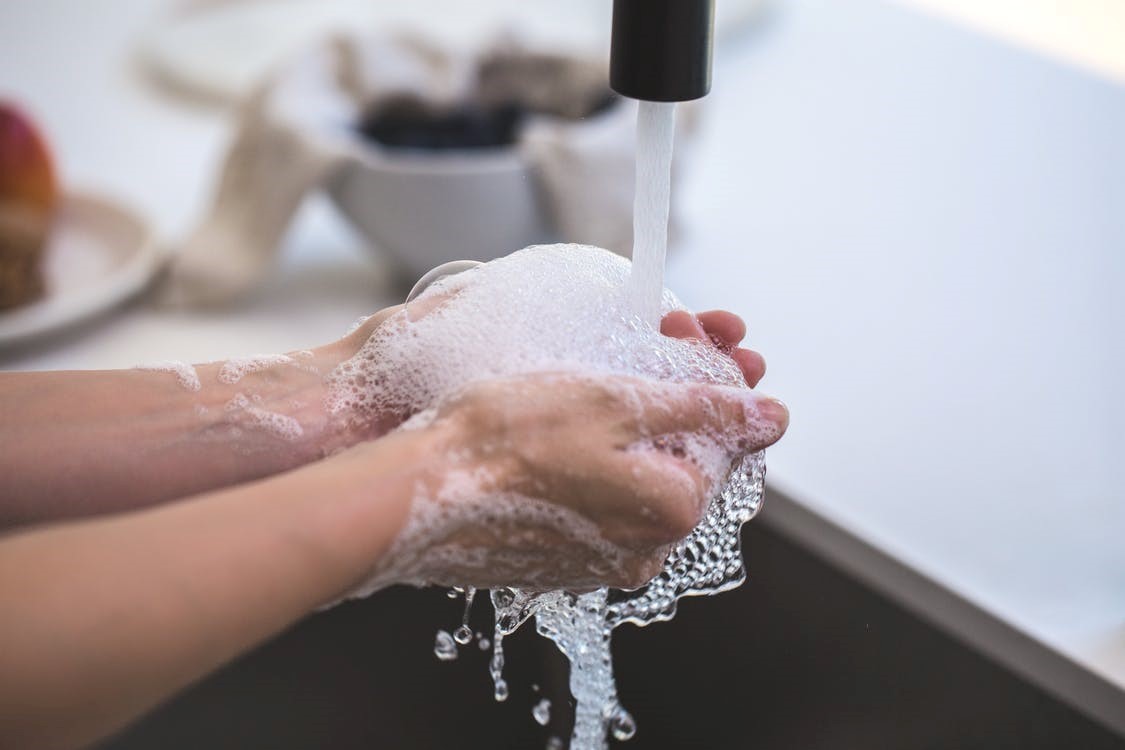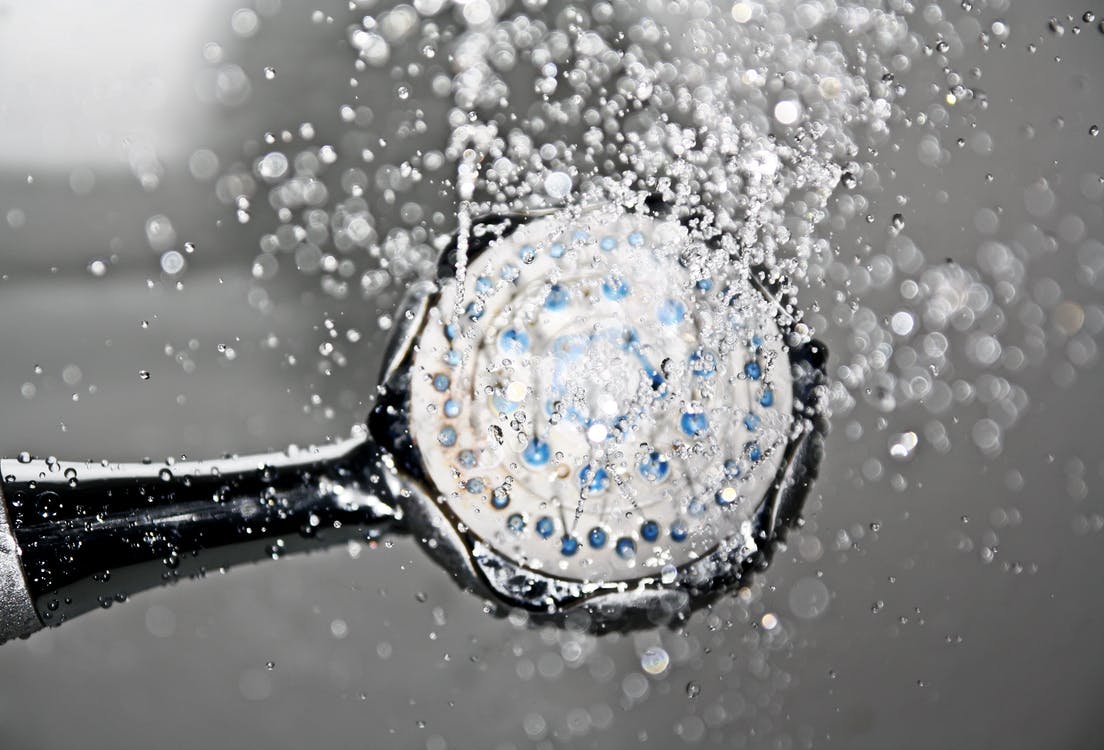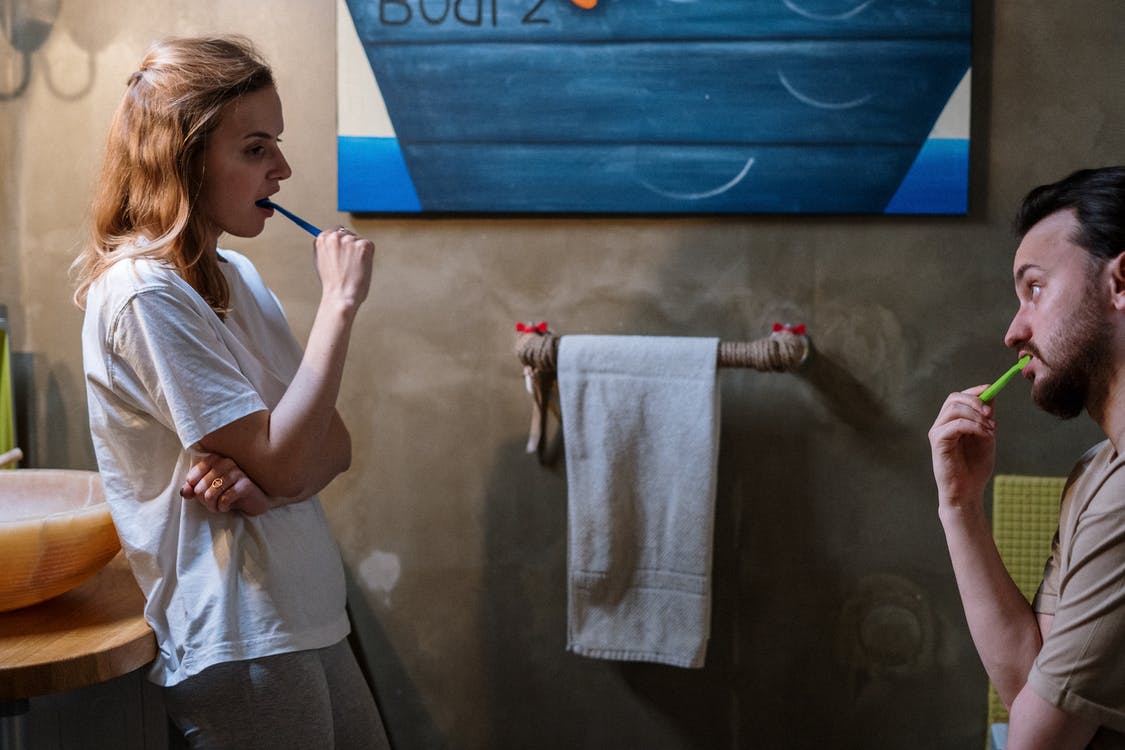9 Good Hygiene Tips Whilst Travelling in 2020/21

From the sticky handrails of the conveyor belt to the departure gate and the recycled air of the pressurised cabin, travelling can present personal obstacles for the hygiene conscious. Common touch points, shared plane bathrooms and food prepared by others only contribute to the anxiety of travellers. You may even be thinking about postponing your holiday due to travel hygiene concerns.
From the sticky handrails of the conveyor belt to the departure gate and the recycled air of the pressurised cabin, travelling can present personal obstacles for the hygiene conscious. Common touch points, shared plane bathrooms and food prepared by others only contribute to the anxiety of travellers. You may even be thinking about postponing your holiday due to travel hygiene concerns.
Keep the peace of mind needed to enjoy your wellness holiday with our top hygiene tips for travelling in 2020. Stay safe on long over-night flights to South East Asia with easy access to a high ethanol hand sanitizer. Fight off cold and flu viruses in foreign airports with our must-dos on oral hygiene. No matter where you’re going or how you’re getting there: stay hygienic and have fun.
At Health and Fitness Travel, we are continuously communicating with our suppliers to keep up to date on the regulations and reopening of our destinations and wellness retreats. In line with our Book with Confidence policy, if anything changes between the date of booking and your arrival we will work to rearrange or refund your healthy holiday, and prepare you for any procedures and measures in place during your stay.
1. Wash your hands

It may seem obvious, but it needs reiterating as regular hand washing is critical to maintaining good hygiene. We use our hands for almost everything. Their heavy use means that they pick up a great deal of bacteria and become a place for colonies to easily form. Your hands have the potential to transfer bacteria to not only yourself but also to others. Washing your hands regularly before and after touching common touch points will help to keep you and others safe from harmful bacteria and viruses.
2. Don’t touch your face
The bacteria on your hands needs to be kept away from your face. Your eyes, your mouth, your ears, and nose all provide inlets for bacteria to get access to the bloodstream or intestines. Regularly touching your face will spread the bacteria, you pick up on your hands, to the inlets of your body. Touching your face is a strong compulsion that we often do not recognise. Studies suggest that you touch your face as much as 16 times an hour. Try to keep your hands busy to keep them away from your face.
3. Keep your sanitizer to hand
Say you’re in the depths of the wilderness on a hiking and trekking holiday and find yourself miles from soap and water, it’s a very good idea to keep a trusty bottle of hand sanitizer with you. Just in case you touch something you think might not be very hygienic, a small bottle of hand sanitizer kept in your back pocket or attached to your belt provides an ample defence in lieu of soap and water. Hand sanitizer is the most effective form of sterilisation as the bacteria can’t develop resistance to the effects of the alcohol.
4. Clean your nails
The keratin shields of your fingertips provide a brilliant haven for bacteria. According to a 1988 study, the point where your fingernails and fingertips meet is the germiest part of the hand, harbouring hundreds of thousands of bacteria. Fingernails offer protection and moisture for colonies of bacteria, some of which may be dangerous, to thrive. As with unclean hands, you pass these colonies of bacteria to the more vulnerable parts of your body by touching your face. Cleaning your nails regularly with anti-bacterial soap will kill far more bacteria than standard-issue soap.
5. Keep them short… if you can
Make sure to pack nail clippers or nail files in your hand luggage. If your nails are short, the colonies of bacteria will have less protection and more exposure to the effects of soap and sanitizer. Short clean nails will keep the levels of bacteria on your hands down, stopping them from getting into your body and from spreading to other people. Short, clean nails are just as good-looking as longer nails and proven to be far more hygienic. Try to cut your nails before flying off and before flying back.
6. Shower regularly

Your hair is a prime germ-collecting offender. The follicles of your hair collect large amounts of bacteria and keep them housed. Regular showering and frequent hair washing stops bacteria from accumulating in too large colonies. If you are taking a Summer activity holiday, make sure to wash all the sea water and sand out of your hair as often as you can. Dry your hair thoroughly and right after it gets wet to stop bacteria from building up in the wet, warm conditions of your scalp.
7. Anti-bacterial Mouth wash and regular brushing

Your mouth is another key potential entry point for harmful bacteria. Regular brushing breaks down bacterial build ups that collect in the mouth. Brushing and the liberal use of anti-bac mouth wash will keep the bacterium that cause oral disease and bad breath away, as well as other types of bacteria seeking access to your body. If you’re looking to have a hygienic holiday, don’t forget to pack your travel toothbrush and use it twice a day for at least two minutes each time.
8. Stay Hydrated
Saliva is an important natural defence against disease and toxins. Saliva contains anti-septic properties and helps to create a healthy plaque biofilm which stops the un-hygienic build up of bacteria in the mouth. Staying hydrated keeps your saliva levels up to help your body’s natural defences. Of course, hydration is critical for all your body’s functions including the immune system, the last line of defence. Without regular hydration your body will be weaker and your ability to cope with un-hygienic environments will be worse. A balanced diet and lots of water are always your body’s allies when it comes to building up your immunity.
9. Avoid common touch points

Common touch points like handrails, ATMs or shared interfaces are best avoided while travelling. The 5 second rule will not protect you here! Some dangerous bacteria can survive for 48 hours on seemingly germ-free surfaces. Tapping on screens that others have used, if not regularly cleaned by airport staff, can transfer bacteria colonies to your fingertips. From your fingertips, as discussed above, they will make their way to your body or other people. If you can, use contactless wherever possible, keep your boarding pass on your own phone and clean your screen regularly.
Talk to one of our Travel Specialists on 0203 397 8891 or contact us here to discuss tailor-making your perfect wellness holiday.
